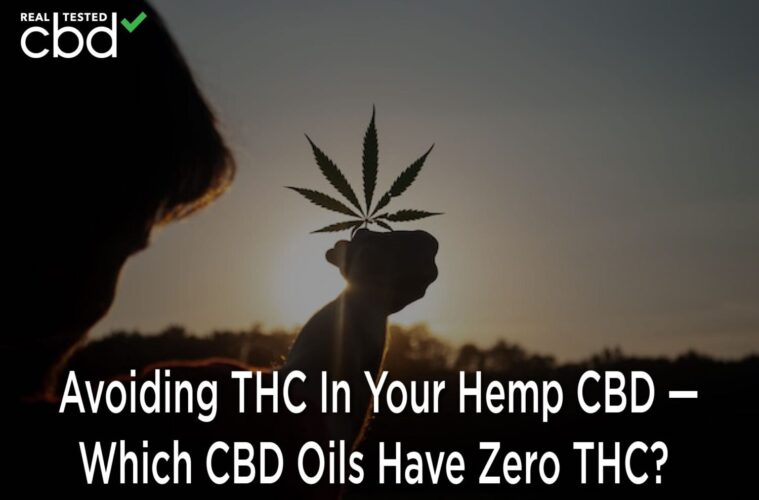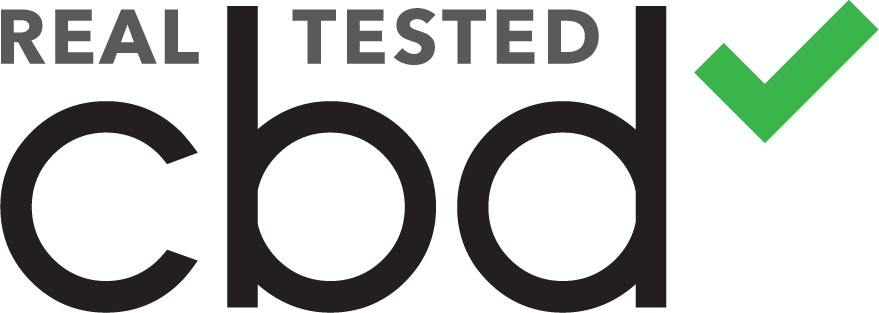People unfamiliar with the hemp market are often surprised to learn that many CBD oils have slight traces of delta-9 THC. Despite the federal ban on recreational THC, the 2018 US Farm Bill allows hemp companies to sell products with ≤ 0.3 percent delta-9 THC content. Due to THC’s psychoactive traits, many customers don’t feel comfortable using CBD products with even tiny traces of THC.
Luckily, plenty of CBD brands purify THC out of their products. Before buying a CBD supplement, consumers should carefully review their product’s lab reports to see whether it’s genuinely “THC-free.” Only third-party lab results will show whether CBD oils, capsules, or gummies have detectable traces of delta-9.
Which CBD Products Have Zero THC?
Only full-spectrum CBD oils are allowed to have ≤ 0.3 percent delta-9 THC. Customers who want a THC-free experience should focus on CBD oils labeled “broad-spectrum” or “isolate.” While there are significant differences between these two items, they should contain zero THC.
Broad-spectrum CBD oils often have high traces of secondary hemp cannabinoids and terpenes without delta-9 THC. So, you’ll probably find small amounts of secondary cannabinoids like CBC, CBG, and CBN in broad-spectrum formulations. By contrast, CBD isolate powders only contain CBD. Typically, CBD isolate is sold as a white powder with no flavor or odor and ~ 98 percent CBD content.
Just keep in mind that many hemp manufacturers mistakenly (or maliciously!) mislabel their CBD extracts. There’s still a bit of confusion surrounding definitions like “full-spectrum” and “broad-spectrum,” and some products that should be THC-free have too much delta-9.
The only way to know your CBD oil has the advertised THC percentage is to look up your CBD company’s third-party lab screenings. Sometimes called “Certificates of Analysis,” these reports highlight key metrics like total cannabinoid count. Look at the column that measures “delta-9 THC” and see if there are any detectable traces in your CBD oil. Genuine “THC-free” CBD oils should have a “Zero” or “ND” in this slot.
Wait, Why Would Anyone Want THC In Their CBD?
As we mentioned in the intro, a large percentage of CBD customers seek out hemp extract with 0.3 percent delta-9 THC. Often, people new to hemp assume these customers want the extra THC to get a slight “head buzz” sensation. However, the minuscule amount of THC in full-spectrum CBD oils isn’t enough to get users high. So, why would anyone bother with full-spectrum CBD?
According to full-spectrum fans, even a tiny amount of delta-9 THC can have a more substantial therapeutic impact. People who support the “entourage effect” theory suggest that raw hemp’s natural terpenes and cannabinoids work together to create a more robust experience. Although nobody knows whether the “entourage effect” is for real, enough customers swear by full-spectrum CBD oils.
As a word of warning: Full-spectrum CBD products can interfere with cannabis drug tests. Even though you won’t feel “high” after taking a full-spectrum CBD oil, the tiny traces of THC may linger in your system for hours, days, or weeks. Employees must exercise caution if they prefer using CBD oils with small amounts of THC.
Want THC-Free CBD Near Me? Real Tested CBD Has Plenty Of Suggestions!
Real Tested CBD understands that every CBD customer has different preferences. Some people enjoy the “entourage effect” in full-spectrum CBD, while others feel comfortable with THC-free items. That’s why we organize our CBD reviews into full-spectrum, broad-spectrum, and isolate categories.
As you explore our website, you’ll find plenty of easy-to-read articles on the most prominent CBD brands. Please take your time finding the perfect CBD oil that has the THC percentage you’re most interested in.
Advertising disclosure: We may receive compensation for some of the links in our stories. Thank you for supporting Irvine Weekly and our advertisers.


